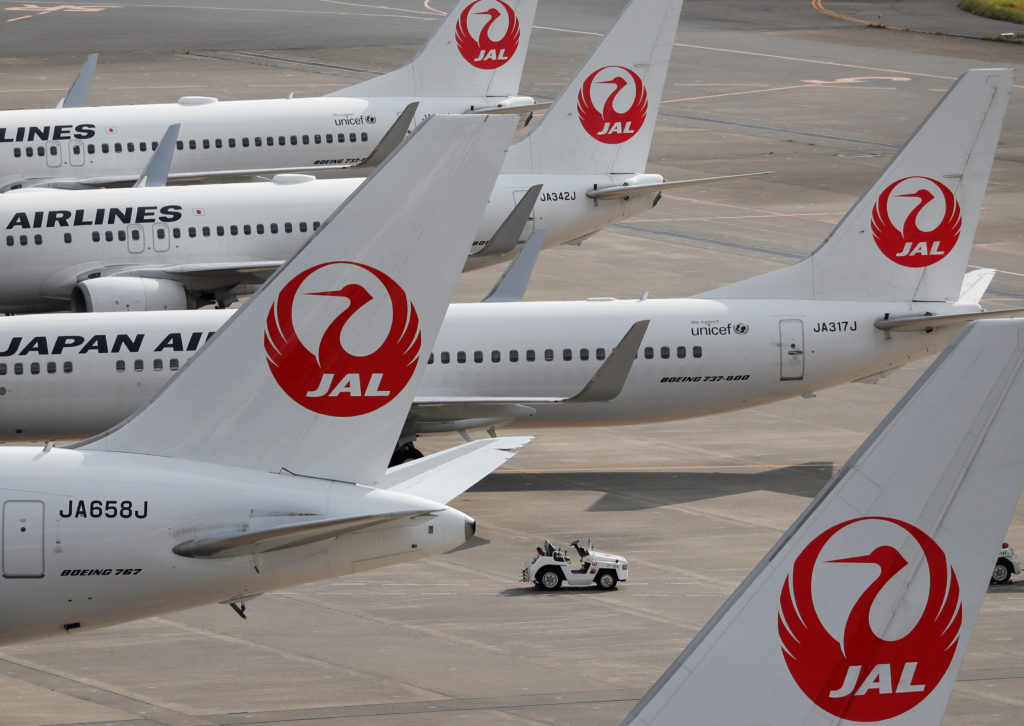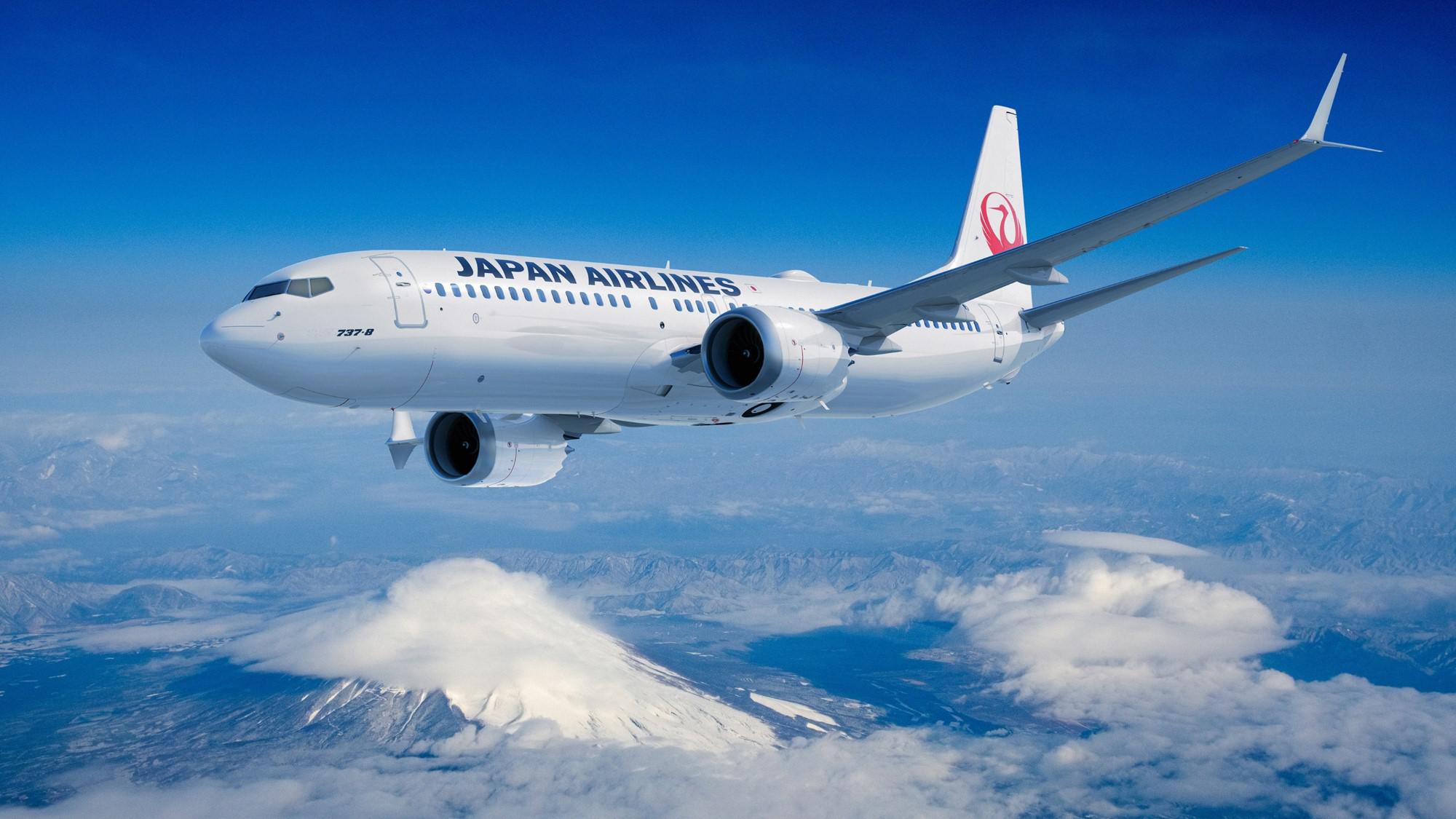Japan Airlines (JAL) has announced it will acquire 17 additional Boeing 737-8 aircraft, solidifying the next phase of its narrowbody fleet renewal strategy. This new order follows an earlier commitment made in March 2023 and reaffirms JAL’s long-term plan to modernize its domestic and regional fleet with next-generation efficiency.
Replacing the Backbone: 737-800 Phase-Out Begins
The newly ordered 737-8s are set to replace the airline’s existing Boeing 737-800s, which have long served as the workhorse of JAL’s domestic network. With 50 units currently in operation, the -800 fleet forms the backbone of JAL’s short-haul operations—but its replacement is both timely and strategic.
The 737-8 offers a 15% improvement in fuel efficiency and lower CO₂ emissions per seat compared to its predecessor, aligning with JAL’s sustainability roadmap. It also reduces noise footprints, a welcome upgrade for operations at noise-sensitive airports throughout Japan.

Passenger Comfort with a Focus on the Future
While performance is central, the passenger experience isn’t being left behind. The new aircraft will feature updated cabin interiors, designed to enhance comfort and functionality for the high-frequency domestic traveler. JAL emphasized that these next-generation aircraft will support an improved travel experience while maintaining operational continuity across Japan’s dense airport network.
Deliveries Set to Begin in 2026
According to the official release, the newly ordered aircraft are expected to begin delivery in 2026. Once fully integrated, the refreshed narrowbody fleet will be key to JAL’s goal of maintaining punctual, high-frequency service across Japan’s regions while cutting carbon intensity.
This move also reflects the broader trend of Asian carriers investing in modern single-aisle jets as part of post-COVID recovery strategies—balancing network flexibility with sustainability mandates.
For Japan Airlines, the additional 737-8 order isn’t just about aircraft count—it’s about future-proofing its domestic network. As travel demand continues to recover and environmental regulations tighten, JAL’s investment in a cleaner, quieter, and more efficient fleet underscores its dual commitment to customer service and sustainable growth.







